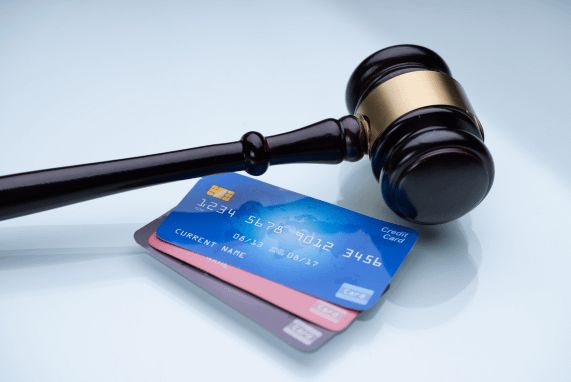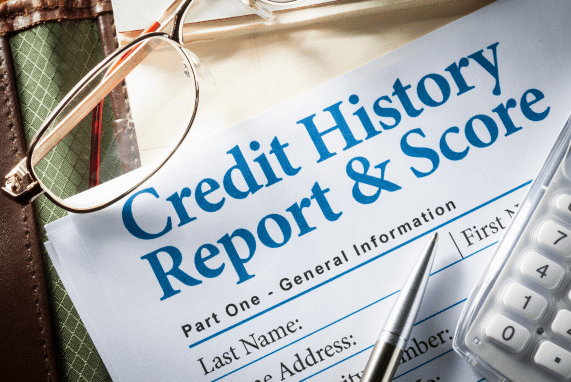Understanding Credit
Essentially, credit is accepting something of value now with an agreement to pay for it later. Moreover, there is usually a finance charge added by the lender.
Consequently, moves made after establishing credit will impact your score. In any case, a solid strategy will benefit you.
You can find a plethora of information via the links provided. Nevertheless, these aren’t affiliate links. I merely, wanted to share information that is readily available to the public.
Know your rights, that’s a key component in financial literacy.
Consumer Rights

The Consumer Financial Protection Bureau (CFPB) oversees financial products for consumers. The Fair Credit Reporting Act (FCRA) ensures accurate credit reports, while the Credit Repair Organizations Act (CROA) regulates credit repair companies.
Enforced by the Federal Trade Commission, the CROA prohibits false claims and upfront fees. Consumers have rights to contracts, cancellations, cost details, and legal action for breaches.
Credit Reporting Basics

In the US, Equifax, Experian, and TransUnion are major credit reporting agencies collecting sensitive consumer data for third parties to assess eligibility for financial products. Furnishers like banks provide consumer information to CRAs, who compile credit reports using this data and public records. Reports are purchased by entities like banks, insurers, and employers to make decisions on consumer eligibility.
Disputes

All three major agencies have an online dispute process, which is often the fastest way to fix a error, or you can write a letter.
It is to my understanding that writing letters are more effective, unless you’re updating your personal info/addresses. Additionally, if items are determined to be fraud, contact the creditor.
Then you can request a security freeze via the agencies. It is suggested that victims of identity theft should file a police report contact the FTC.
How Disputes Work

The credit agencies must note the dispute and investigation on your credit file. To add, this process should be completed in about 30 days and you should be updated with the results.
There are a few decisions you’ll see such as, Verified: No change is made. Modified: Revisions are in place. Deleted: Removal of items. Deemed frivolous: No further investigation will be made.
Look for lawsuits or judgments after the statute of limitations expired, which can vary by your state. Inquiries should automatically delete after two years, but dispute those if necessary.
Credit Mix

Maintaining a blend of revolving credit accounts (such as credit cards) and installment loans (like auto loans and student loans) with a history of timely payments demonstrates your ability to handle various credit types and can boost your credit score.
Debt
Life happens… regardless, you’re responsible for your debts.
However, the FDCPA prohibits debt collection companies from using abusive, unfair, or deceptive practices to collect debts from you.
Are FICO® Scores and VantageScore® Different

FICO and VantageScore are separate credit scoring companies that use different models with varying importance given to credit report information. Lenders use these scores to assess creditworthiness. FICO’s scoring factors include payment history, credit utilization, credit history length, credit mix, and new credit.
VantageScore considers payment history, credit utilization, credit history length, credit mix, amounts owed, recent credit behavior, and available credit. Differences include the length of credit history required for scoring and how hard inquiries and collection accounts are handled. Understanding these distinctions can help individuals comprehend how lenders evaluate creditworthiness..
**Very Important**

“A CPN, or credit privacy number, is a nine-digit number that’s formatted just like a Social Security number (SSN). It may also be called a credit profile number or credit protection number. Companies that sell CPNs to consumers market them as a way to hide a bad credit history or bankruptcy. They’ll also claim you can use the CPN instead of your SSN to apply for credit with your new credit identity.
Does this seem too good to be true? That’s because it is. In fact, it’s illegal. Keep reading to discover the truth about CPNs.” (experian.com)
What are CPN's?
“Companies selling CPNs market them as replacement SSNs, promoting the idea that CPNs are legitimate. For example, one site advertising CPNs claims the numbers are “fully tri-merged with the Social Security Administration.” (Sounds official, doesn’t it?)
In reality, these companies are scam artists. They may obtain SSNs by dubious means—often from children, senior citizens or prison inmates.
If you’re paying attention, you’ll spot plenty of warning signs that CPN sellers are involved in something shady. While SSNs are issued for free, companies will charge you money for a CPN—sometimes thousands of dollars. They may tell you to provide false information—such as a different address, phone number or email address—when you fill out credit applications using the CPN. Often, they’ll pretend this is a way to protect your identity—but they’re really directing you to create a false identity.” (experian.com)
How Are CPNs Different From ITINs and Social Security Numbers?
“The Internal Revenue Service (IRS) uses taxpayer identification numbers in administering tax laws. SSNs and Individual Taxpayer Identification Numbers (ITINs) are two types of taxpayer ID numbers. SSNs are issued by the Social Security Administration; they’re what most people use when filing taxes.
ITINs are issued by the IRS under special circumstances for some non-resident and resident aliens, their spouses and dependents who can’t get SSNs. An ITIN is formatted like an SSN, with nine digits and dashes; the difference is that all ITINs begin with the number nine.
CPNs are nine-digit numbers that resemble SSNs and ITINs.” (experian.com)
Footnote:
Axelton, Karen. “The Truth About CPNs, or Credit Privacy Numbers.” Experian, Experian, 13 Dec. 2019, www.experian.com/blogs/ask-experian/what-is-a-cpn-or-credit-privacy-number/.

